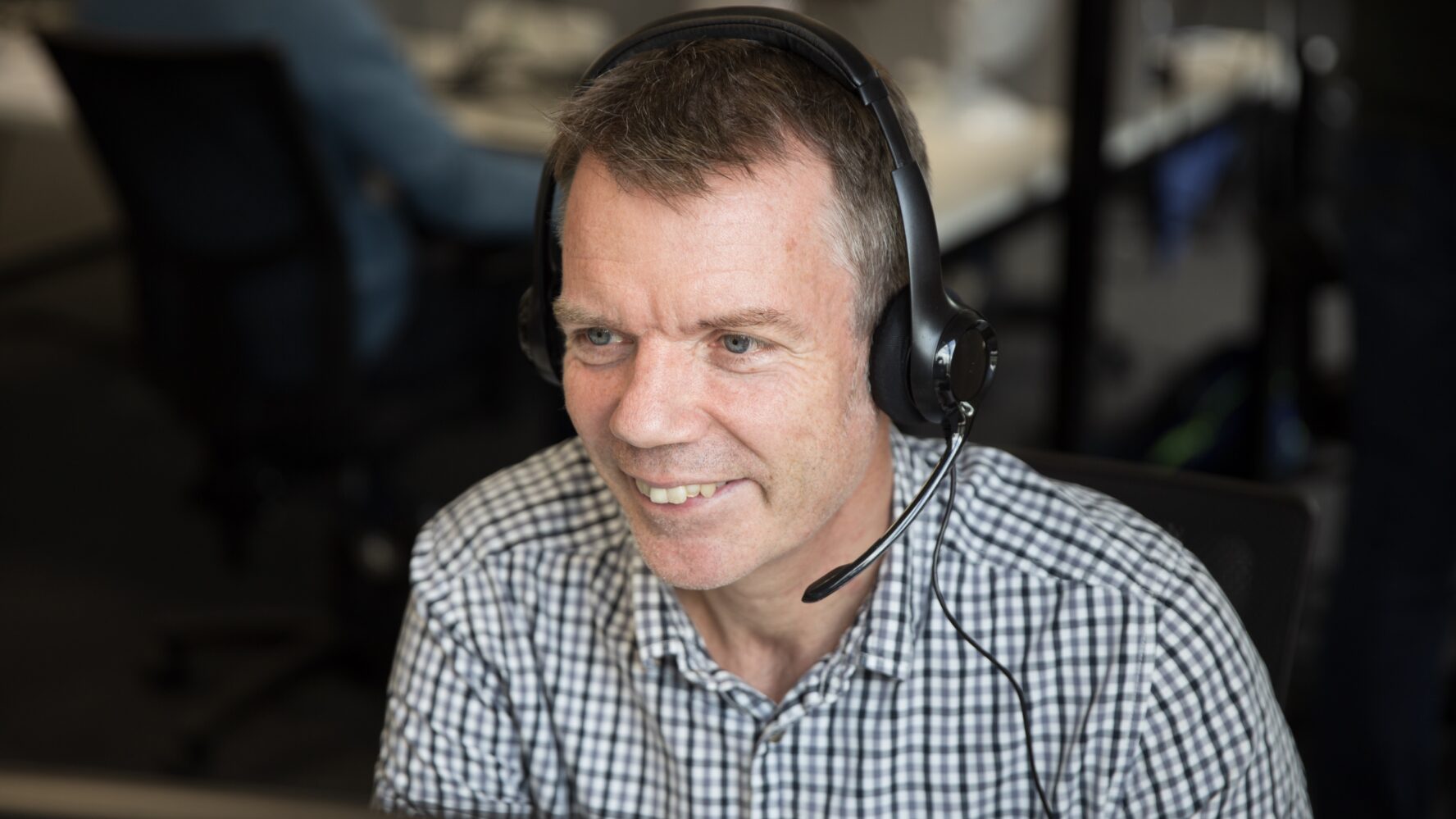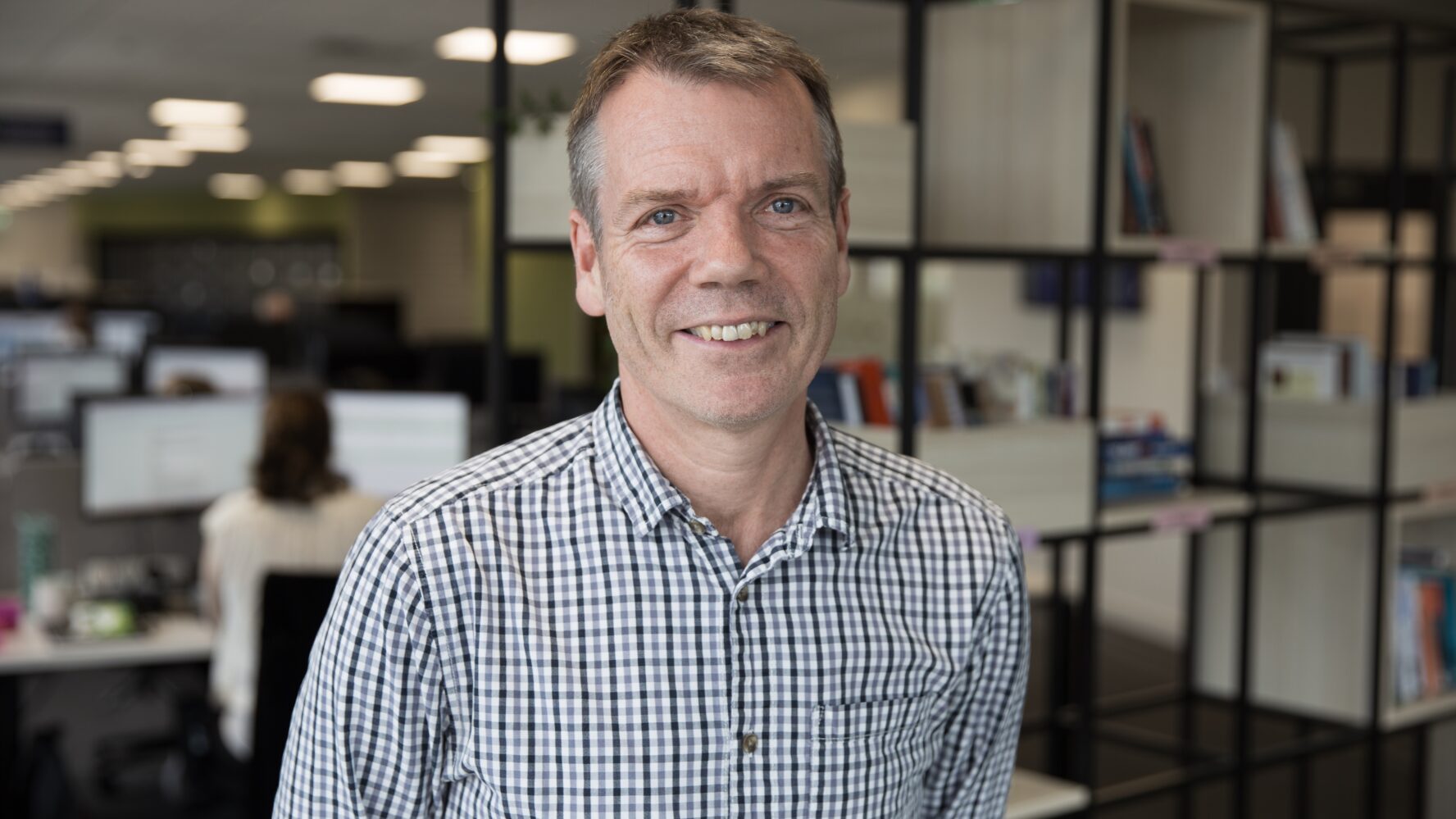
‘I started working as a Debt Advisor for UK charity Christians Against Poverty, providing free debt advice, in 2011. Over the last 13 years, essential costs have increased more than incomes, and this is impacting people who may never have expected to be dealing with unmanageable debt.
‘My team specialises in complex cases, where a client may be facing a major life changing challenge, such as ill health, bereavement or a relationship breakdown. We work with each person to review their initial budget and look to find the best solution to help them out of debt.’
The impact of deficit budgets
‘During my first few years in the role most people we worked with had enough money coming in to enable us to prepare a sustainable budget for them to live on, and in many cases to pay back their debts and help them go debt free. It was unusual for people in work to not be able to afford the essentials they needed.
‘Unfortunately, the increases in mortgage rates, food costs, rent, and energy bills, which are rising again in October, has put a significant strain on people’s finances and particularly those on the lowest incomes.’
A deficit budget is when client’s have less income than they need to afford their essential living costs. Sadly, almost half of our clients currently face this incredibly challenging situation.
Senior Debt Advisor, Jim Goodchild.
‘Having a deficit budget has a really big impact on people. They are often anxious, depressed and living in constant fear of debt collectors.’
Our latest briefing paper, ‘Deficit budgets: The cost to stay alive’ explores the severe consequences of deficit budgets in households across the UK and pushes for urgent systemic change.
CAP Debt Coaches are going above and beyond for people in their communities
‘I love my job. To be able to help people deal with their debts and seeing how that has such a positive impact on their lives is so rewarding but it’s also heartbreaking when a person’s budget is impossible to balance without them making sacrifices that will severely impact their quality of life.
‘That’s why I’m so thankful that we work alongside kind and compassionate CAP Debt Coaches who are based in local churches who go above and beyond to help people facing these desperate circumstances. It’s impossible to overstate the value and importance of the work they are doing. Whether it’s providing food, skills and advice or a warm space, we constantly see how local Debt Coaches are helping to transform lives in their communities.’

‘There’s no easy solution to the current economic problems the UK faces but I believe the Government needs to give more support to those on the lowest incomes, make sure everyone is receiving the benefits that they are able to claim and provide more sustainable funding for free debt advice so people can access help if they need it.
We can also all play our part by helping to remove the stigma attached to being in debt.
Senior Debt Advisor, Jim Goodchild.
‘Debt isn’t a person’s fault, we see that it’s most commonly caused by low incomes combined with traumatic life events that send someone’s finances spiralling out of control. We can all raise awareness of this fact and make sure everyone knows it’s ok to ask for help.’
14.4 million in the UK are in poverty
As UK poverty is at a critical level, churches tackling poverty across the UK are going above and beyond to support people. It’s getting harder to meet the rapidly growing need.






